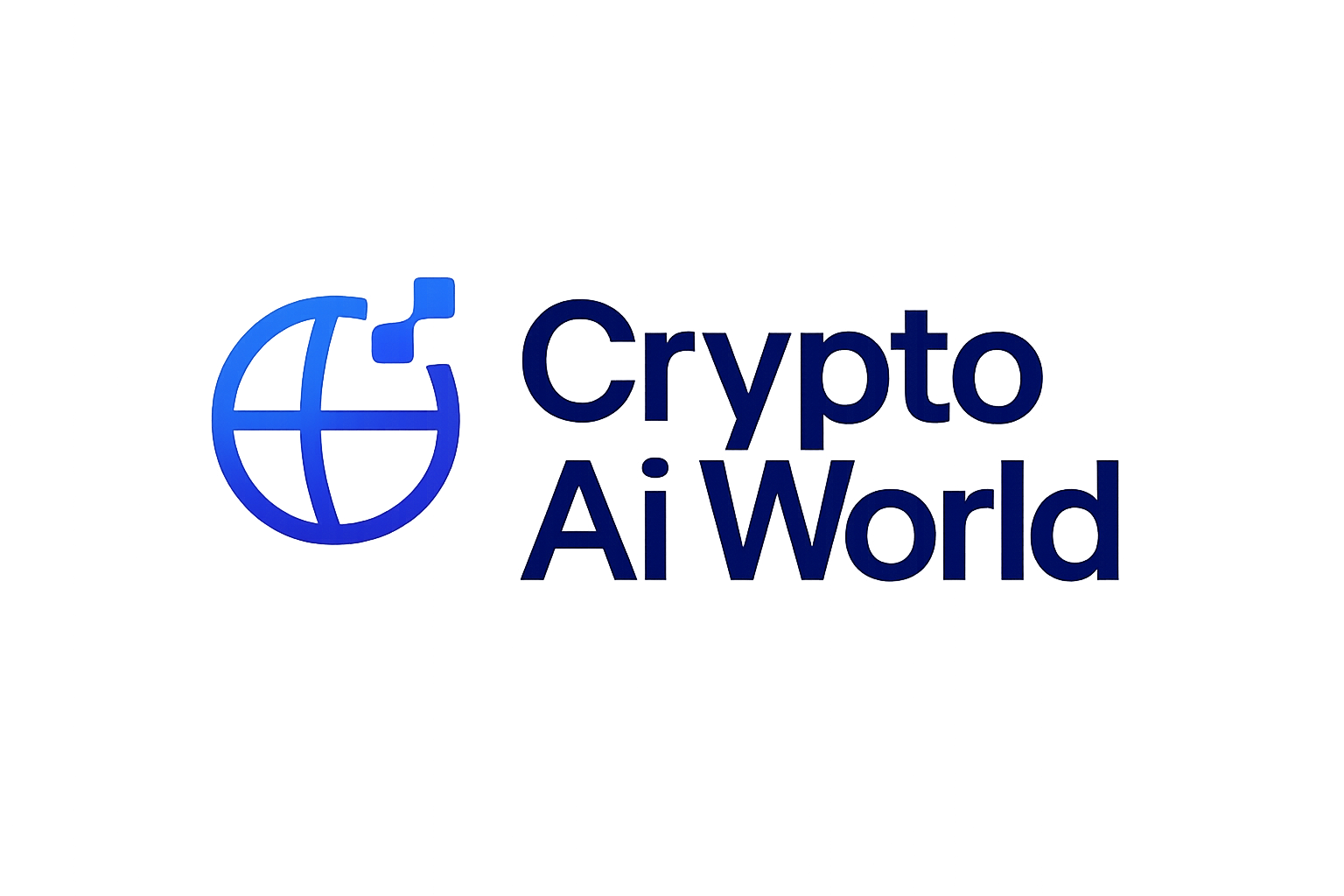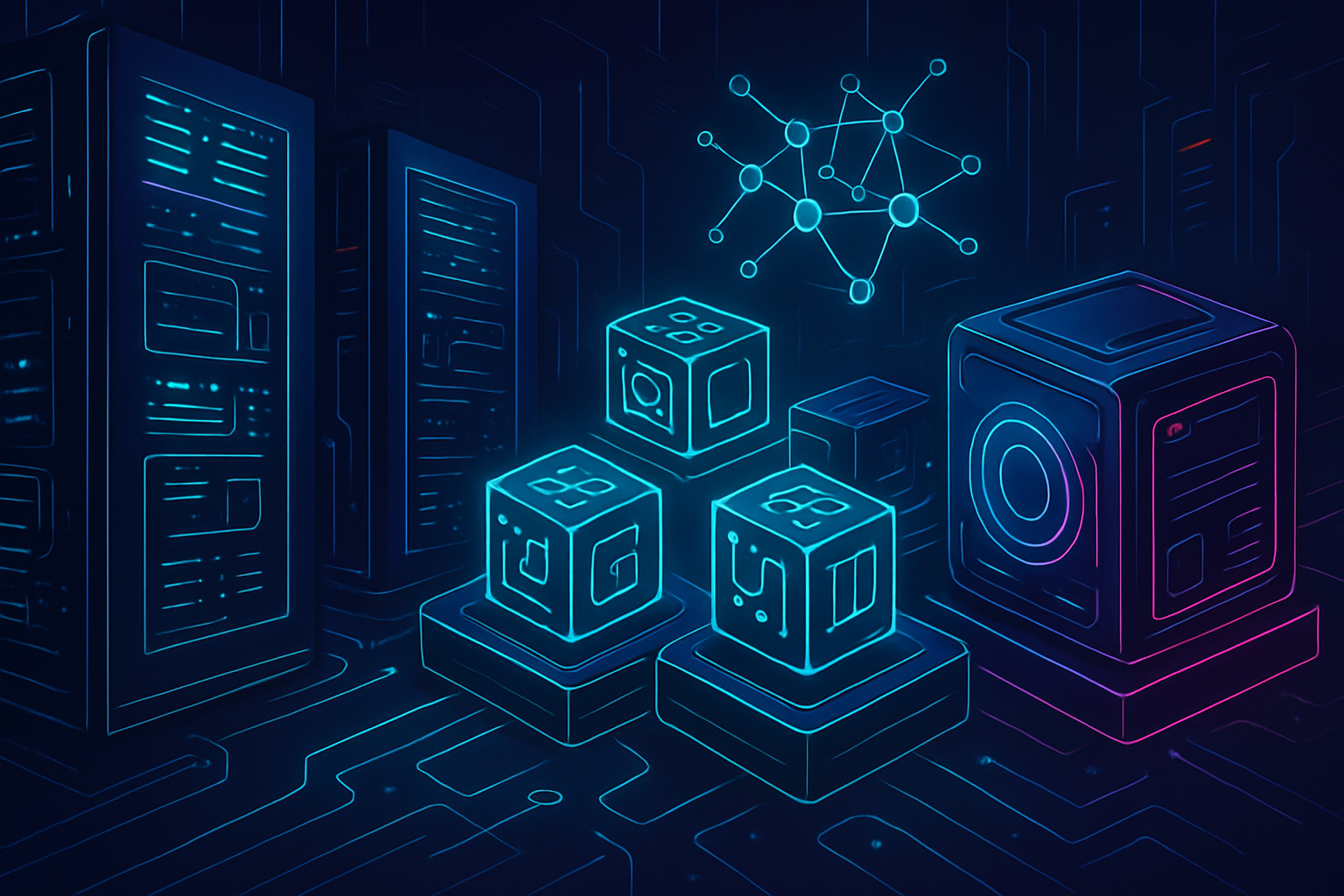
In the race to unlock scalable, transparent AI infrastructure, 0G Labs is emerging as a vanguard with its modular approach to decentralized compute. The current bottleneck for AI-first applications is not just about model sophistication, but about building trustless, verifiable systems that can handle the scale and data requirements of next-generation workloads. 0G Labs’ vision is clear: create an infinitely scalable, composable foundation where developers and enterprises can assemble custom AI stacks without being forced into monolithic architectures or opaque black boxes.

From Monoliths to Modular: Why 0G Labs’ Stack Matters
The traditional blockchain landscape was never designed to support the demands of high-throughput AI inference or massive model storage. General-purpose L1s hit scaling walls, while siloed solutions fragment ecosystems. 0G Labs addresses this by engineering a Decentralized AI Operating System (dAIOS), purpose-built from the ground up for composability and scale. Each part of the stack, compute, storage, data availability, is modular and independently upgradable.
This shift empowers developers to select only what they need. For example, a team might leverage the EVM-compatible 0G Chain for smart contract execution but pair it with external storage or off-chain compute if preferred. This flexibility is critical for DePIN projects that require rapid iteration and integration with existing Web3 infrastructure.
Key Features of 0G Labs’ Modular AI Infrastructure
-

0G Chain: An EVM-compatible blockchain purpose-built for high-performance AI and smart contract execution. Its modular design enables independent scaling and optimization of consensus, execution, and storage layers, driving efficiency and flexibility for developers.
-

0G Storage: A decentralized storage network optimized for AI workloads, leveraging erasure coding to securely distribute massive datasets across nodes. This ensures both data security and high accessibility for demanding AI applications.
-

0G Compute Network: A decentralized GPU marketplace that connects AI developers with idle compute resources. It provides verifiable computation using cryptographic proofs, ensuring cost-effective and trustworthy AI processing.
-
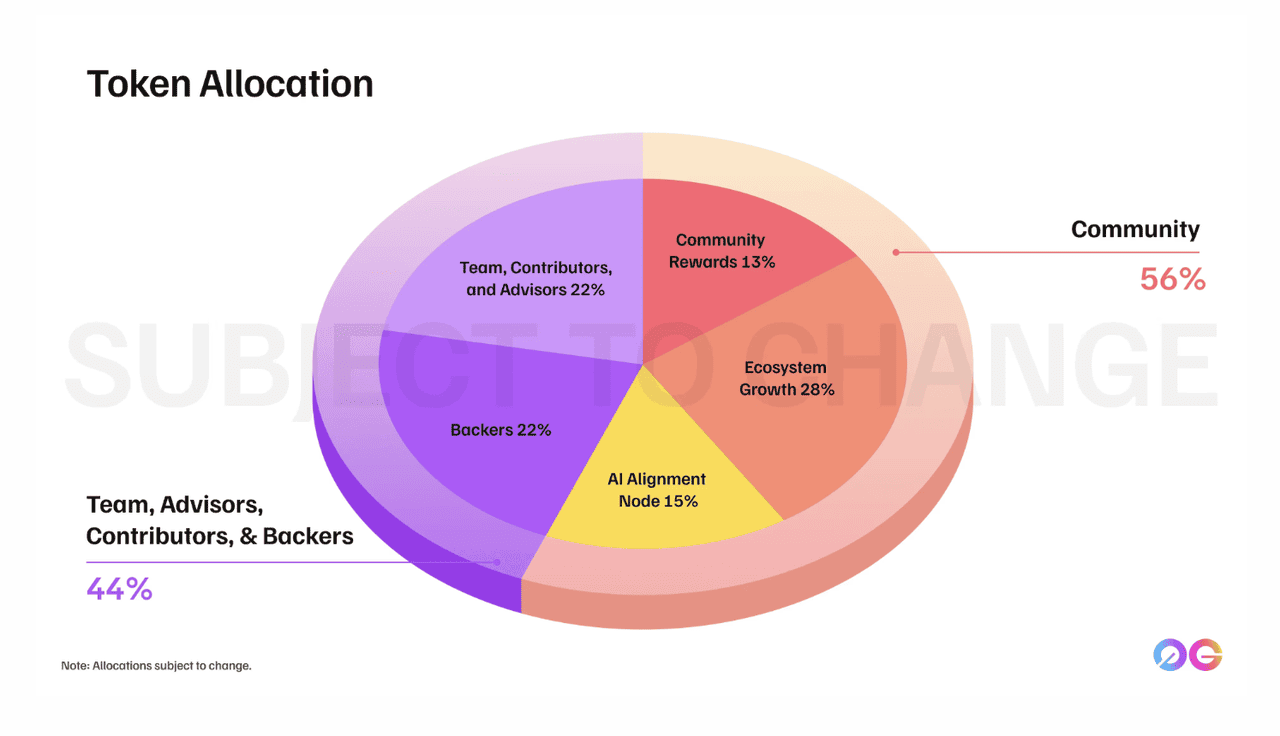
0G Data Availability (DA): An infinitely scalable data layer that guarantees verifiable and accessible data for AI workloads. It utilizes randomized Data Availability Nodes to maintain data integrity and defend against malicious actions.
The Core Pillars: Storage, Compute, Data Availability
1. Decentralized Storage for AI Models
AI models are data-hungry by nature, training and inference often require gigabytes to terabytes of parameters and datasets. 0G Storage employs erasure coding to fragment data across nodes, maximizing both resilience and accessibility. This ensures that even if some nodes go offline or attempt malicious activity, the network can reconstruct full datasets on demand.
2. Verifiable Compute Marketplace
The 0G Compute Network acts as a decentralized marketplace for idle GPU resources, think of it as an open bazaar where developers can rent compute power at market rates while maintaining cryptographic guarantees on results. This not only drives down costs but also democratizes access to high-performance hardware traditionally siloed in hyperscaler datacenters.
3. Data Availability Layer Tailored for AI
A critical breakthrough in 0G’s architecture is its infinitely scalable Data Availability (DA) layer. By leveraging randomly selected DA nodes and robust consensus mechanisms, it ensures that all data required for training or inference remains accessible and tamper-proof at all times, a foundational requirement for trustless AI systems.
Pushing the Boundaries of Decentralized AI Compute Networks
The launch of Aristotle Mainnet by 0G Labs signals a pivotal moment in the evolution of decentralized AI compute networks.
This mainnet brings together all core modules, chain execution, distributed storage, compute resource allocation, and DA, under one unified protocol designed specifically for verifiable AI inference at scale.
This architecture stands apart from legacy blockchains by focusing on AI-first design principles:
- EVM compatibility without sacrificing throughput or composability
- Native support for massive model weights and real-time streaming datasets
- On-chain proofs of computation integrity, enabling transparent audit trails for every model run
- A permissionless ecosystem where anyone can contribute resources or deploy new services
The Road Ahead for Modular DePIN x Crypto Infrastructure
As more enterprises explore decentralized physical infrastructure networks (DePIN), modularity becomes non-negotiable.
The ability to plug-and-play best-in-class components accelerates innovation cycles while reducing risk exposure from protocol lock-in or single points of failure.
0G Labs’ modular AI infrastructure is engineered to support a new generation of applications that demand not only raw compute and storage, but also verifiable execution and transparent data provenance. This is particularly critical in sectors such as finance, healthcare, and autonomous systems where regulatory compliance and auditability are paramount. The composability of 0G’s stack means that developers can build granular, fit-for-purpose solutions, whether for privacy-preserving AI inference or large-scale model collaboration, without being shackled to inflexible frameworks.
By decoupling execution, storage, and data availability, 0G Labs enables rapid upgrades and experimentation at every layer. For instance, a research group might deploy cutting-edge zero-knowledge proof schemes on the compute layer without disrupting the underlying chain or DA network. Similarly, enterprises can swap out storage backends or integrate with external DePIN protocols as data requirements evolve.
Why Data Availability for AI Is a Game Changer
The importance of data availability for AI cannot be overstated. In decentralized networks, ensuring that all nodes have timely access to training data and model weights is essential for both performance and security. 0G’s DA layer employs randomized node selection and cryptographic proofs to guarantee liveness, even under adversarial conditions. This not only protects against censorship or downtime but also enables trustless coordination across geographically distributed participants.
Moreover, by making data availability a first-class primitive rather than an afterthought, 0G Labs positions itself to support advanced use cases such as federated learning and collaborative model training across organizational boundaries. This opens the door to truly global-scale AI systems that remain resilient even in the face of network partitions or targeted attacks.
Top Real-World Use Cases of Modular Decentralized AI
-

Decentralized AI Model Training: Leveraging 0G’s Compute Network, developers can access distributed GPU resources to train large-scale AI models without relying on centralized cloud providers. This approach enhances cost-efficiency and transparency in model development.
-

Trustless Data Marketplaces: Using 0G Storage and Data Availability layers, projects can create verifiable, decentralized data marketplaces where data providers and consumers interact securely. This ensures data integrity and accessibility for AI applications.
-
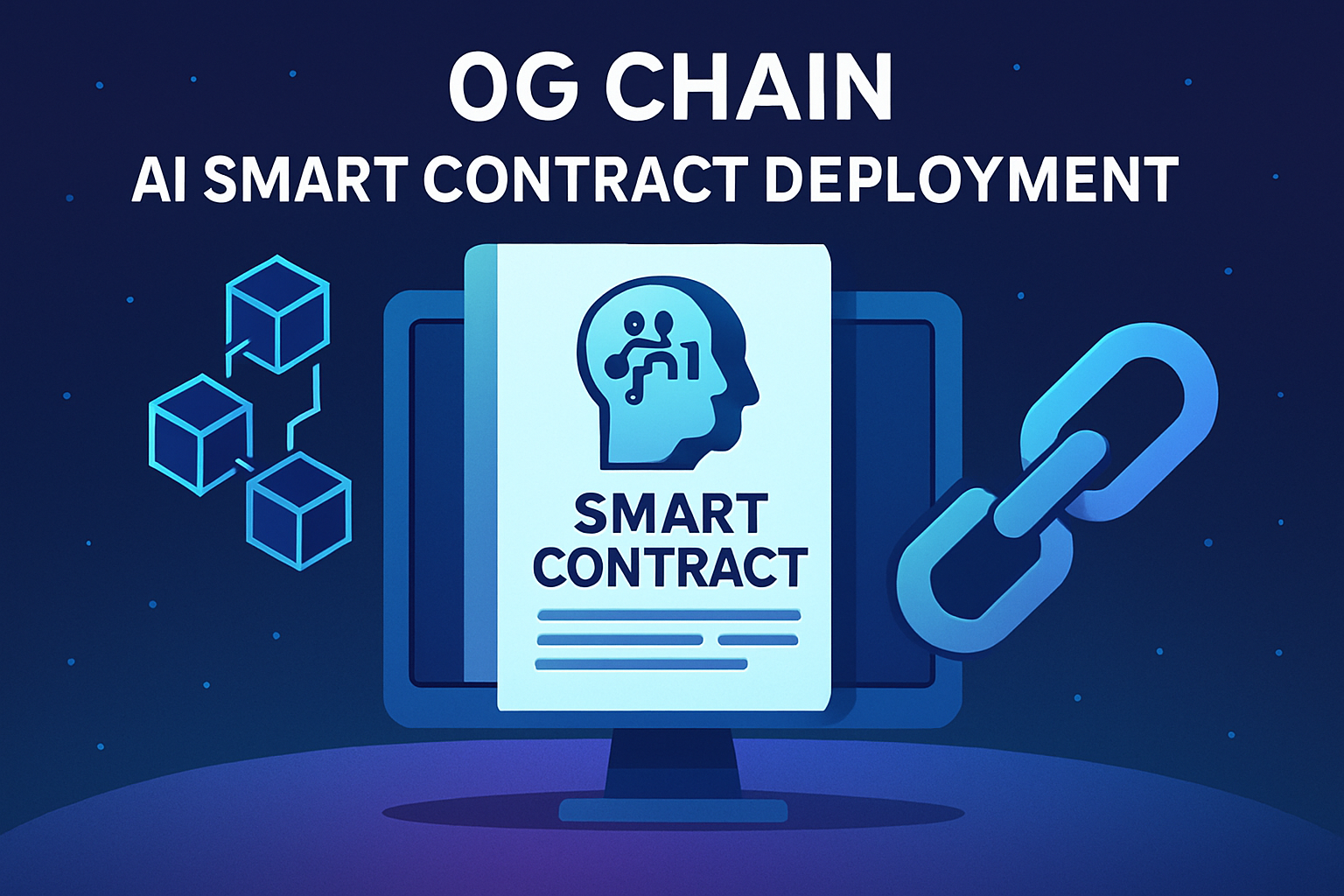
On-Chain AI-Powered Smart Contracts: The EVM-compatible 0G Chain enables developers to deploy AI logic directly in smart contracts, allowing for real-time decision-making and automation in DeFi, gaming, and governance applications.
-

Decentralized Physical Infrastructure Networks (DePIN): Platforms like IoTeX utilize modular AI infrastructure to power decentralized networks of IoT devices, enabling secure data sharing and autonomous device coordination across industries.
-
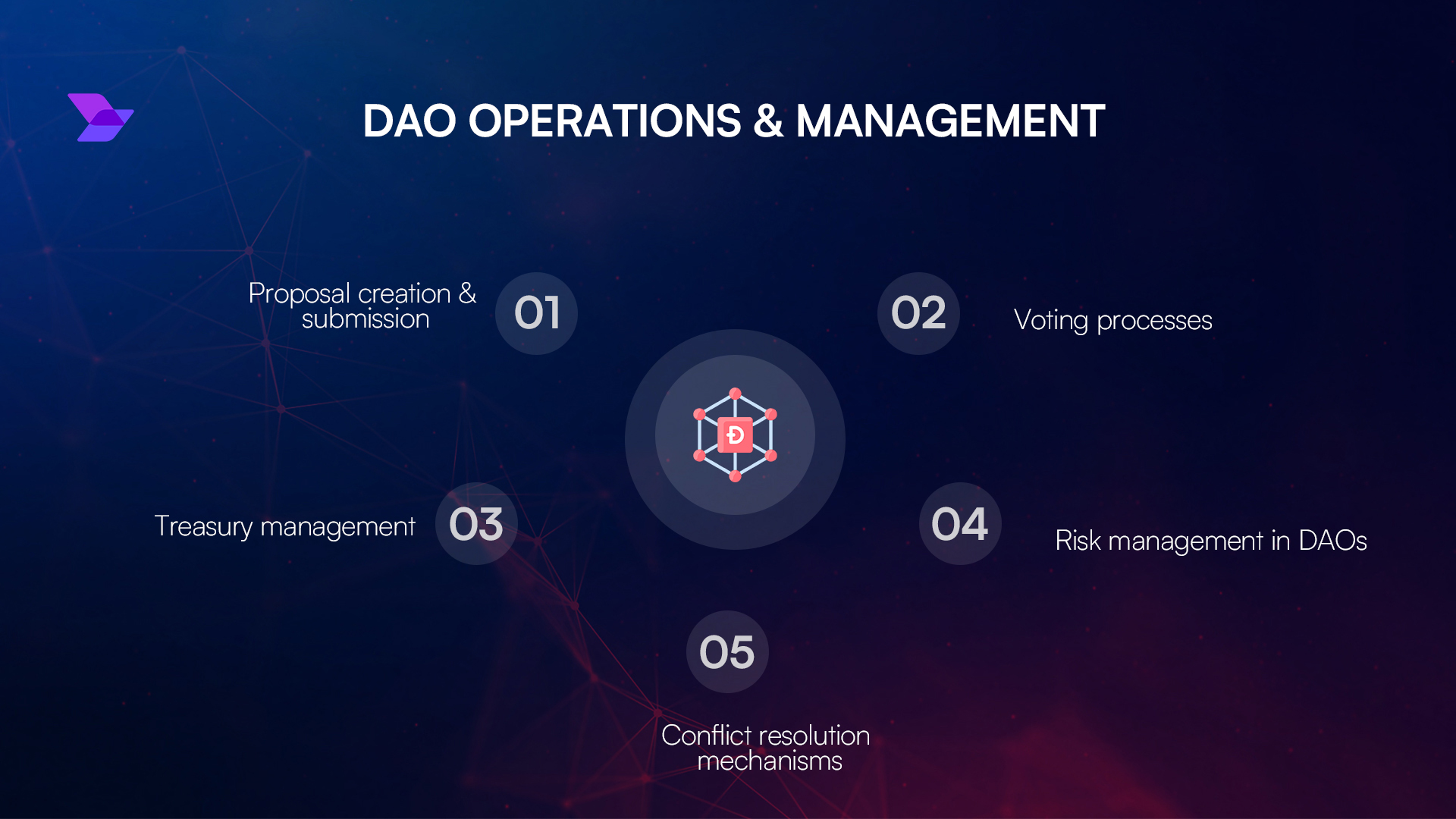
AI-Powered Decentralized Autonomous Organizations (DAOs): Modular AI infrastructure supports DAOs in automating complex governance and operational tasks, using AI agents for proposal evaluation, voting, and resource allocation, all in a verifiable, on-chain manner.
Ecosystem Growth and The Path Toward Community-Owned Intelligence
The Aristotle Mainnet launch has catalyzed a fast-growing ecosystem around 0G Labs’ vision. Early DePIN projects are already leveraging the stack to deploy decentralized sensor networks, edge inference platforms, and permissionless marketplaces for GPU compute, all while retaining full control over their deployment architecture. As more developers onboard, network effects compound: resource providers are incentivized by transparent rewards mechanisms while users benefit from lower costs and greater choice.
This community-owned approach marks a decisive shift away from closed-source AI monopolies toward open participation models where innovation is not gated by capital or geography. By prioritizing transparency at every level, storage proofs, computation receipts, DA attestations, 0G Labs lays the groundwork for a new era of accountable machine intelligence.
Looking Forward: What’s Next for Modular Decentralized Compute?
The modular paradigm championed by 0G Labs is setting new standards for AI x crypto infrastructure. As regulatory scrutiny intensifies and demand surges for scalable yet auditable systems, expect further advancements in areas like:
- Zero-knowledge proofs for privacy-preserving inference
- Composable incentives aligning resource providers and users dynamically
- Interoperability bridges with other DePIN protocols (e. g. , IoTeX) to unlock hybrid deployments
- On-chain governance tools empowering communities to shape protocol evolution in real time
The next wave of decentralized AI networks will not be built on monoliths, they will be assembled piece by piece from robust modules like those pioneered by 0G Labs. This approach doesn’t just solve today’s scaling challenges; it future-proofs the entire ecosystem against tomorrow’s unknowns.
